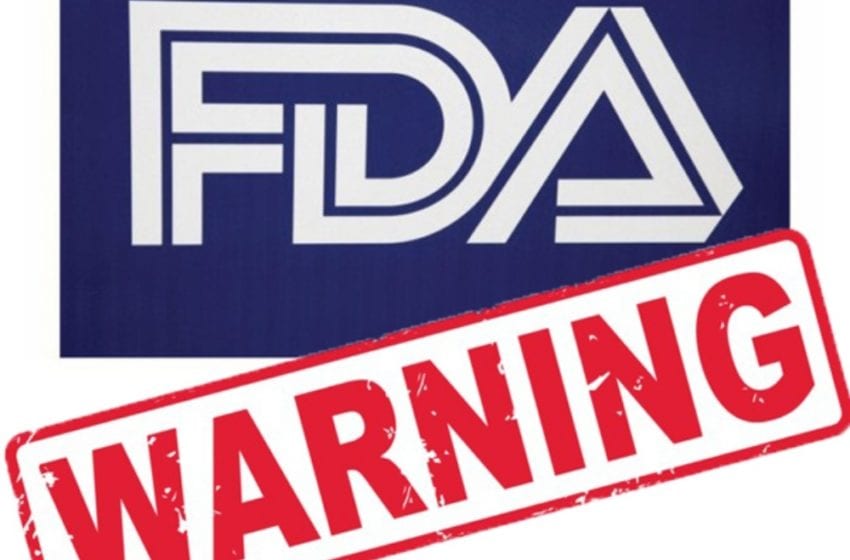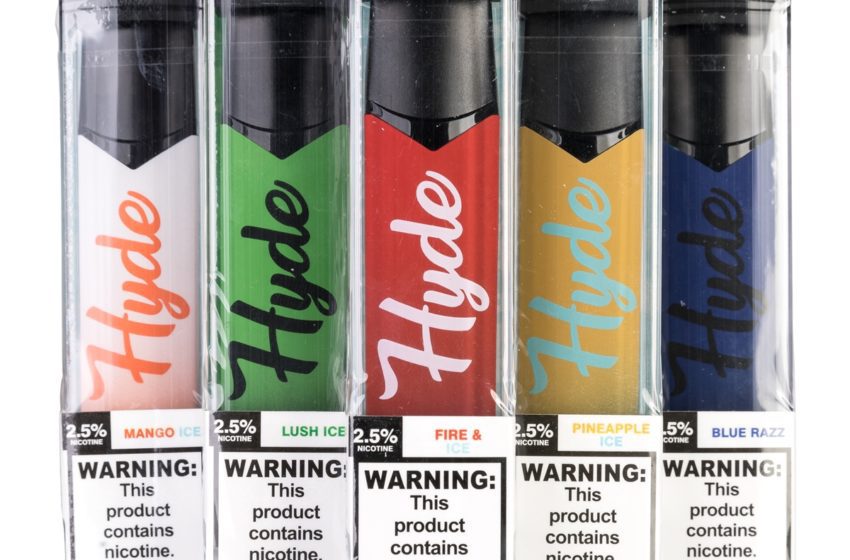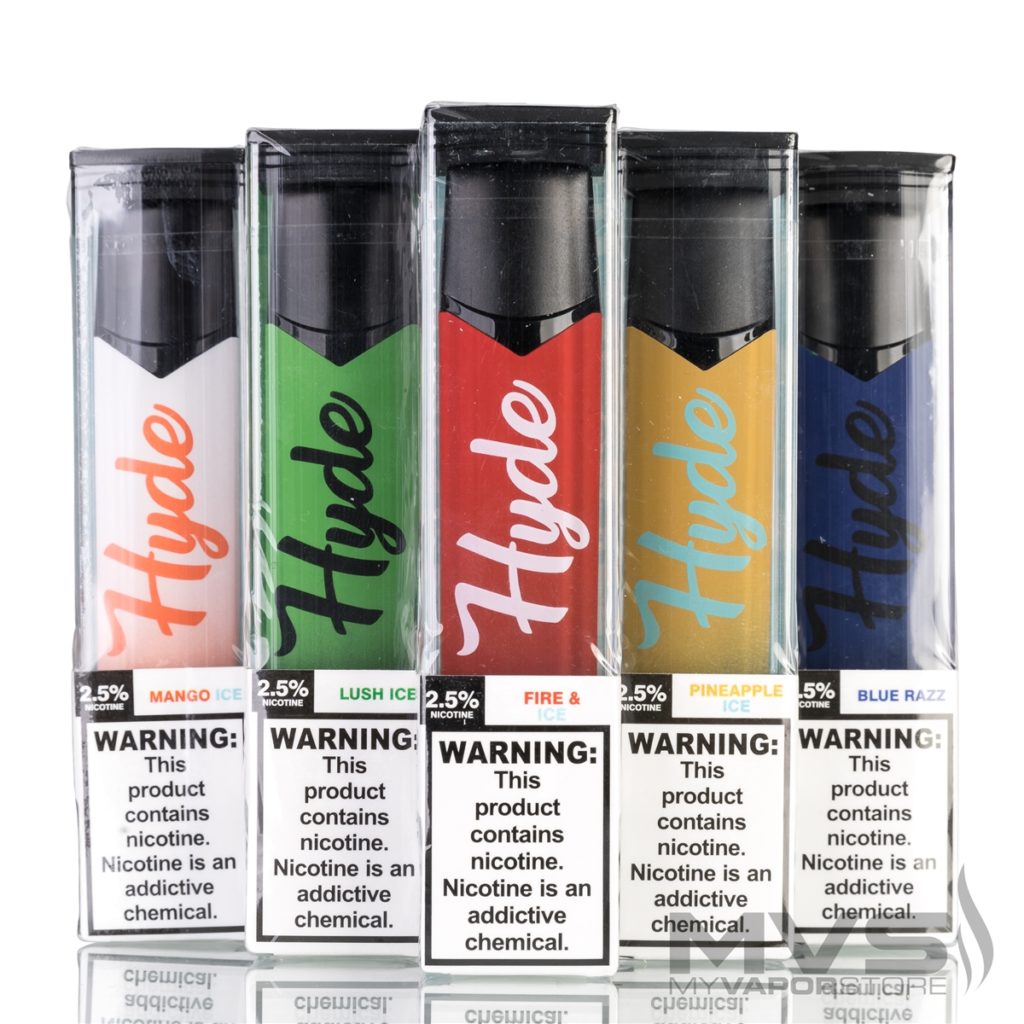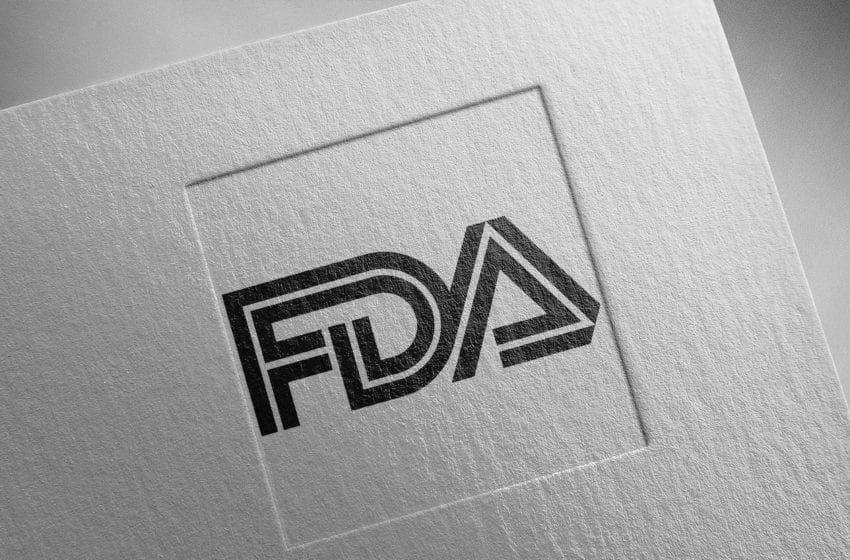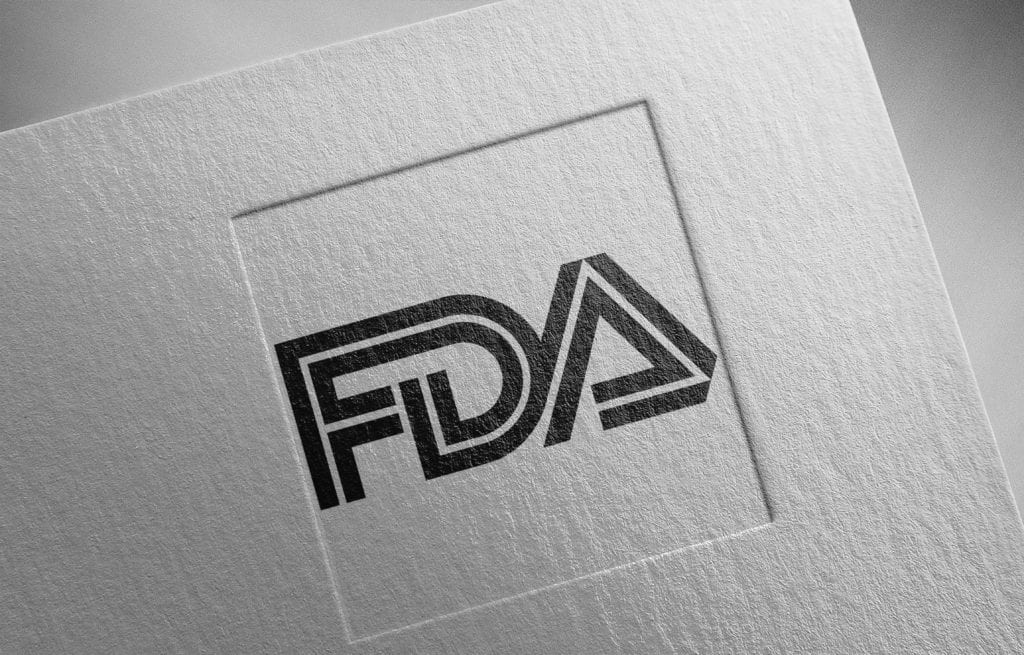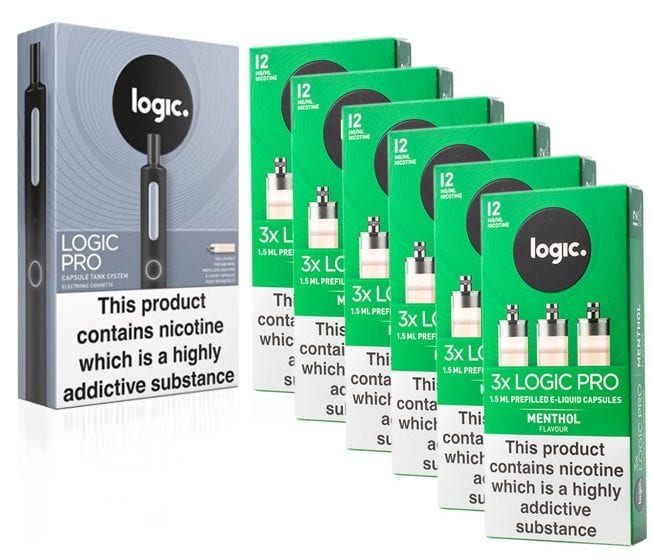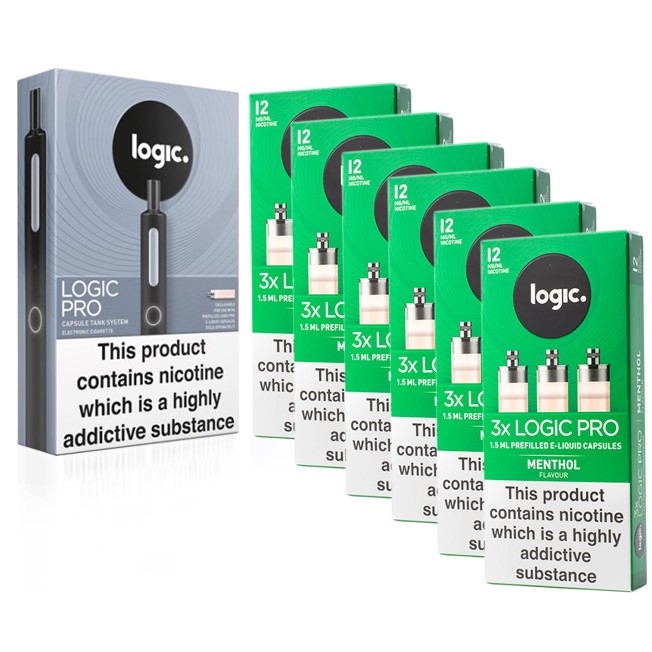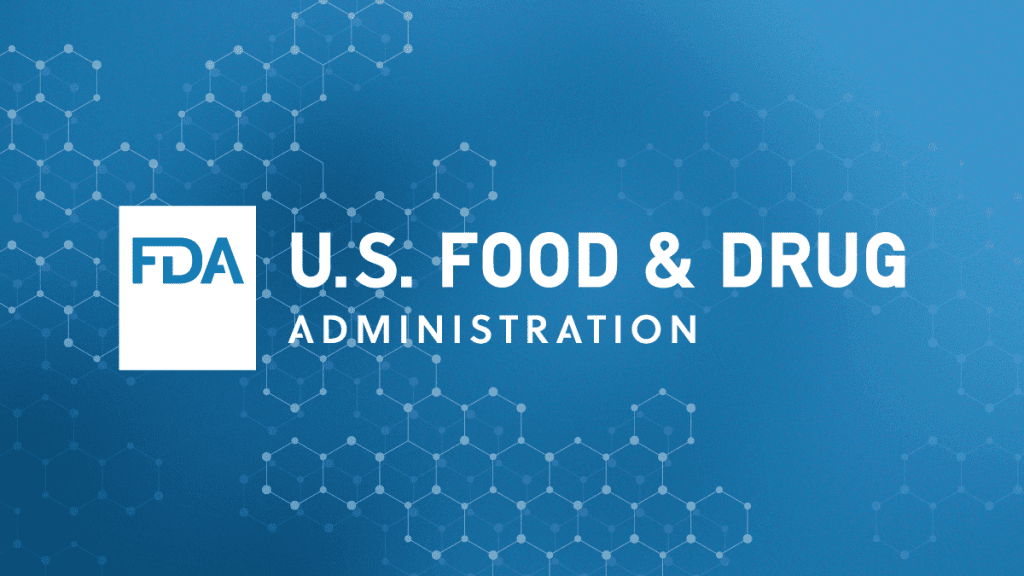It shouldn’t be this complicated. Magellan Technology says it didn’t receive a marketing denial order (MDO). The U.S. Food and Drug Administration says it did. It wouldn’t be the first time the regulatory agency made a mistake. The FDA seems to be making a habit of it recently.
Magellan claims that the FDA made a “glaring error” and the company did not receive an MDO for its 32 products under the Hyde brand. In an email, Jon Glauser, CEO of Magellan, stated that the FDA’s announcement is false for two reasons. First, the regulatory agency only issued the company a Refuse to Accept (RTA) letter and, second, the FDA failed to conduct a proper review of Magellan’s scientific evidence in its premarket tobacco product application (PMTA) review for its Hyde products.
“Contrary to the FDA’s statement, FDA only issued a Refuse to Accept letter for the identified Magellan products, not an MDO,” stated Glauser. “A Refuse to Accept letter is a refusal based on nothing more than a technical review of the applications’ contents which, in this case, was a missing document, i.e., a sworn certification related to the translation of certain components of the application. In other words, the Refusal to Accept was based on bureaucratic technicalities.
“This is much more than a misnomer or clerical error by the FDA since the agency elaborated that it had conducted a scientific review and reached a conclusion that the PMTAs ‘lacked sufficient evidence.’ However, no such scientific review was referred to and no scientific justification was provided in FDA’s correspondence today.”
Magellan currently has pending litigation against the regulatory agency with the Second Circuit Court of Appeals concerning an MDO issued by the FDA last year for Magellan’s pod-based Juno vaping products.
New FDA data from the 2022 National Youth Tobacco Survey (NYTS) shows that 2.5 million U.S. youth use e-cigarettes, according to the published findings in the Morbidity & Mortality Weekly Report released by the FDA in conjunction with the Centers for Disease Control and Prevention. This is a slight rise over last year’s data.
Armed with this information, the FDA also issued Puff Bar (no relation to Magellan products) a warning letter for receiving and delivering e-cigarettes in the U.S. without a marketing authorization order. The FDA also requested a response within 15 working days of receiving the letter, detailing how the company intends to address the FDA’s concerns.
It’s at least the second letter the FDA has sent to Puff Bar without any follow-up action. The FDA issued at least two warning letters for Puff Bar’s non-tobacco nicotine disposable products.
During a Next Generation Nicotine Conference in Miami, Patrick Beltran, CEO of Puff Bar, said his disposable products were the “end of the road” for vaping products. “This is the end of the road for vaping in my opinion. It doesn’t get any more convenient for the consumer than a disposable vape device.”
Beltran then blamed U.S. retailers and Chinese manufacturers for the youth initiation issues. “We’re pioneering the disposable industry and the disposable sector of this industry, and it’s very tough when I go to the store and I see people and I see these brands being pushed and there is no enforcement whatsoever,” he explained. “I have to go … I have to spend millions of dollars on a PMTA. Juul, [expletive] Juul, and I’m sure everyone here has heard the news what happened … It’s all [expletive],” referring to Juul’s MDO that the FDA later retracted.
During GTNF 2022, a nicotine industry conference held in Washington D.C. in September, Brian King, director of the the FDA’s Center for Tobacco Products, the division charged with regulating next-generation tobacco products, discussed the FDA’s ability to force companies to comply with its MDOs (and warning letters). So far, very few companies that have been told to remove their products from the market have complied (including Puff Bar). King said the agency has multiple enforcement options to bring both manufacturers and retailers to heel.
“We have several tools available to us, including advisory actions,” he said. “We also have regulatory enforcement actions, including voluntary recalls as well as various other requested recalls. We can also take administrative action, civil money penalties (in terms of manufacturers, that penalty cannot exceed $15,000 for any single violation or $1 million for any number of violations related to a single action),” explained King. “When it comes to judicial action, we can do seizure, injunction and also criminal prosecution. I will say that when it comes to enforcement and compliance, nothing is off the table.”
The FDA has not taken any serious action against any vaping company for violating it’s orders. Puff Bar products can still be found at retailers across the U.S., even though the company has received multiple warning letters from the FDA.
Puff Bar has not received an MDO from the regulatory agency to date.
After reviewing PMTAs for 32 Hyde e-cigarettes, however, the FDA issued MDOs for the applications submitted by Magellan (the company argues they were actually RTAs). In conducting its scientific review, the FDA determined that the applications lacked “sufficient evidence demonstrating that the products would provide a benefit to adult users that would be adequate to outweigh the risks to youth.”
No Hyde products have received marketing authorization orders from the FDA.
“To be sure, the FDA expressly wrote to Magellan that ‘The absence of these required FDA forms impedes FDA ingestion and processing of applications.’ In other words, FDA could not have conducted any scientific review because it refused to accept the application,” wrote Glauser. “Our counsel has demanded that FDA not only retract the press statement it made but also issue a corrective statement making clear that FDA did not issue an MDO to Magellan and that it has not yet conducted a scientific review of Magellan’s products.”
The FDA has a history of making mistakes in the PMTA process. It’s currently facing more than 20 lawsuits and has had to retract MDOs from numerous companies, including Juul Labs, Turning Point Brands and Kavial Brands, among others.
“Magellan Technology looks forward to addressing whatever administrative technicalities are present so that FDA can, in fact, conduct a full scientific review of its products,” wrote Glauser.


